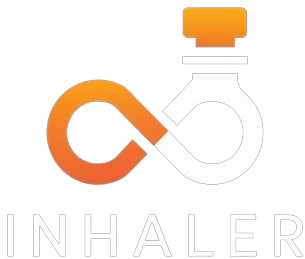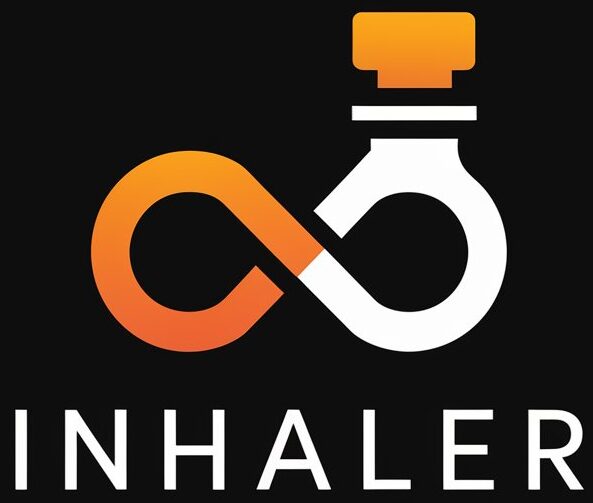For those living with severe allergies, particularly those who are prone to anaphylaxis, having an EpiPen on you at all times is crucial. This life-saving tool, sometimes referred to as an ‘epinephrine auto-injector,’ is designed to halt severe allergic reactions in their tracks. In this read, we’re diving into the topic of EpiPens, their crucial roles in allergy emergencies, their usage as well as their potential drawbacks.
What is an EpiPen?
An EpiPen is a prescribed medication, designed to rapidly counteract severe, life-threatening allergic reactions, known as anaphylaxis. These can occur as a result of various allergens such as food, insects, medication, latex, and more. Certain people are more susceptible to these severe reactions, which can be potent enough to compromise breathing and cause shock, thus potentially making them fatal.
The EpiPen gets to work by injecting a dose of epinephrine – a chemical that narrows blood vessels and opens airways in the lungs. This dual action can reverse the wheezing, severe shortness of breath, uneven heartbeats, or the loss of consciousness associated with severe allergic reactions.
The Importance of EpiPens
The major lifecycle in an allergic reaction is speed – the faster a reaction can be countered, the better the outcome for the patient. Following exposure to an allergen, a person prone to anaphylaxis can begin to experience symptoms within minutes – this is where the EpiPen comes in.
With the ability to be self-administered, or administered by someone without medical training, EpiPens provide an immediate, life-saving intervention at the onset of symptoms. Crucially, this can buy the user valuable time as they seek further medical attention, which is important as a single dose may not be enough to fully reverse a severe reaction.
How to Use an EpiPen
Though the process of using an EpiPen involves several steps, swift and decisive action can prove vital in an emergency. After recognizing the onset of a severe allergic reaction, the EpiPen must be retrieved. Remove the “safety release” that comes with the new EpiPen and press the orange tip against your outer thigh. Press hard until it ‘clicks’, which signifies that the needle has penetrated.
The EpiPen should then be held in place against the thigh for about ten seconds, to ensure that all the medication is dispensed. Note that an EpiPen can inject through clothing, but not through sequins, thick seams or pockets containing items.
Potential Drawbacks
While EpiPens are life-saving tools, they are not entirely without potential drawbacks. For one, the effects of an EpiPen are not long-lasting, and further medical treatment is essential following their use. Furthermore, they are also prone to shortages and can be burdened by high cost which makes accessibility an issue for many people.
Conclusion
For those who are prone to severe allergic reactions and anaphylaxis, understanding the use and importance of an EpiPen can make all the difference. Its effective, rapid response in allergic emergencies makes it a vital tool in managing and potentially saving lives during allergic emergencies. However, it’s important to note that an EpiPen is not a complete solution and immediate medical attention should be sought right after its administration.
FAQs
1. Can anyone use an EpiPen?
While they are predominantly prescribed to those with a known risk of anaphylaxis, an EpiPen can be used by anyone experiencing a severe allergic reaction in an emergency situation, prior to seeking further medical help.
2. Can an EpiPen be used more than once?
No, an EpiPen is assembled for a single use only. Its key purpose is to buy time for the user to get to a hospital for further treatment.
3. What are the potential side effects of using an EpiPen?
While side effects are infrequent, possible ones include fast, irregular, or “pounding” heartbeat, sweating, headache, paleness, feelings of overexcitement, nervousness, or anxiety, nausea and/or vomiting, and breathing problems.
4. How should an EpiPen be stored?
The ideal storage temperature for an EpiPen is at room temperature, away from light and moisture. Do not store it in your bathroom or car, as these locations can expose it to adverse conditions.
5. Does an EpiPen replace the need for medical treatment?
No, an EpiPen is an emergency measure, designed to halt a severe allergic reaction while the patient is on their way to receive further medical treatment. Always call your local emergency number after using an EpiPen.

